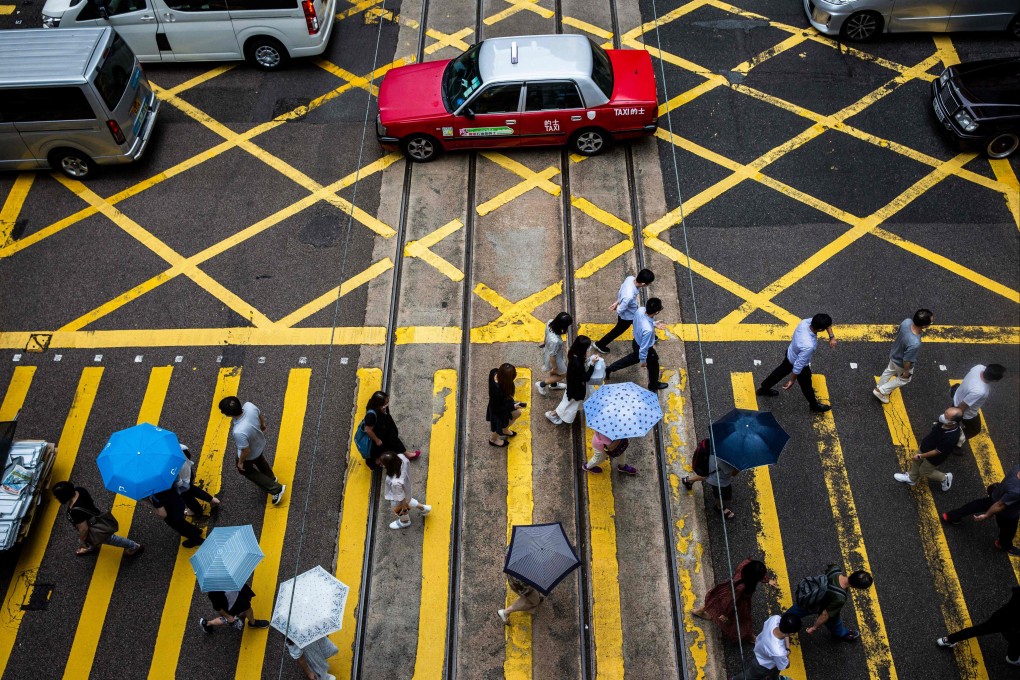Advertisement
Letters | As Russia and China draw closer, will Hong Kong survive the new geopolitical era?
- Readers discuss the magic behind Hong Kong’s success story, why patriotism should not be a contentious term, and the need for a visionary leader for the city
Reading Time:3 minutes
Why you can trust SCMP

There are reports that Beijing might try to reunify with Taiwan by force, while Russian troops might invade Ukraine. Russia and China are drawing closer together to challenge American dominance. This will start a new era in geopolitics, but will Hong Kong survive it?
Dating back to the Opium War, Hong Kong has been a bridge between China and the West. Hong Kong’s role as a trading post will be more pronounced in a world embroiled in a hot or cold war, with more trade diverted from Shenzhen, Tianjin and Shanghai. A trend of Chinese companies moving their initial public offerings from New York to Hong Kong has already emerged.
Many pessimistic property owners in Hong Kong will sell, while optimists will bet on the market rising. Fortunes will change hands.
Advertisement
We saw similar developments in 1949 when the Communist Party won the civil war in China, in 1966 when Mao Zedong started the Cultural Revolution and in 1997 when China resumed sovereignty over Hong Kong. During each of these seismic historical events, there was always a group of risk-takers in Hong Kong who managed to succeed and flourish.
Hong Kong was destined to encounter many crises and opportunities because of its geographical, political and historical position. The magic behind the Hong Kong success story is its ability to attract risk-takers from China and elsewhere, from refugees to millionaires, and afford them the possibility of prospering.
Advertisement
This arises not from any five-year plan by the government but from the cooperation and sometimes conflict between communism and capitalism, between war and peace and between East and West. This magic will last at least until 2047 when the present “one country, two systems” constitutional arrangement will end, unless it is extended.
Advertisement
Select Voice
Select Speed
1.00x